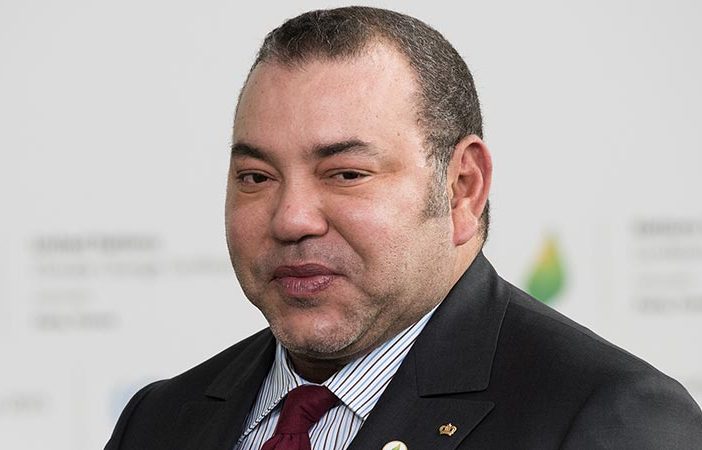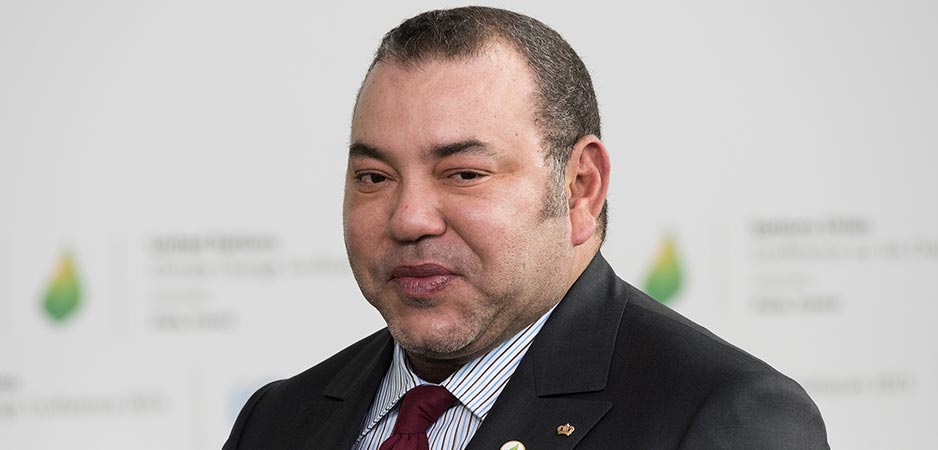Fair Observer
Jean AbiNader
King Mohammed VI needs to reenergize the commitment of Morocco’s political leadership.
On July 30, the 20th anniversary of his accession to the throne, King Mohammed VI honored his country’s past achievements and projected the need for Morocco to push forward its efforts.
His message summarized his pride in having moved the country progressively while regretting that too much still needed to be done if Morocco was to achieve its potential. It is telling also that he gave the speech in Tetouan, in the north of Morocco, an area long ignored by his father, King Hassan II, and the region of continuing unrest due to the lack of effective economic and social development.
The king recounted Morocco’s achievements in modernizing its infrastructure and implementing key reforms, and added: “Let me say this clearly and frankly: what undermines this positive result is that the effects of the progress and the achievements made have not, unfortunately, been felt by all segments of the Moroccan society.” He went on to say: “Indeed, some citizens may not directly feel their positive impact on their living conditions, or in terms of helping them meet their daily needs, especially in the areas of basic social services, the reduction of social disparities, and the consolidation of the middle class.”
This is not the first time that King Mohammed VI has raised these issues: calling for inclusive economic growth, a streamlined public sector doing its job of providing services efficiently, and building on the strong civic sense of Moroccans to have a better life. Yet there is still a lack of sufficient momentum toward achieving the goals that he himself has set. Whether in carrying out promised development projects or modernizing the education sector to make it more market-friendly, obstacles seem to reduce the pace and scope of needed changes.
So when he exclaimed, “God knows how much I suffer personally when a fraction of the Moroccan people — even if it were just 1% of the Moroccan population — endures hardships and lives in poverty,” the 1% does not include those public officials and friends of the king who have been the targets of outrage and boycotts over the years but still remain in power.
Despite his message of reform and development, there is a disconnect as public officials, members of political parties in the house of representatives and leading private sector figures do not pursue the king’s agenda through equitable, speedy and transparent implementation.
He expressed the contradiction quite well: “As I said in last year’s address, there will be no peace of mind for me so long as we have not properly tackled the hurdles faced and found the right solutions to development and social issues. This, however, cannot be achieved without a comprehensive vision, without qualified human resources, or without meeting the conditions required to carry out planned projects.”
So, as the king has done before when facing obstacles, he announced the creation of a special committee to assess and redefine Morocco’s development model. “I expect the committee to be totally impartial and objective, and to report on facts as they are on the ground, however harsh or painful they may be. And when proposing solutions, I want it to be daring and innovative.”
But How?
An immediate question is how will he ensure that this effort will be effective where others have failed — notably in the south where cronyism, corruption, inefficiencies and distortions in public services were all called out, and yet conditions have only marginally improved there? This is compounded by the king’s mention that the committee would be advisory. So without some mandate to drive reforms, how will it be effective?
While the king intends to appoint people “who are able to feel the pulse of society, who understand its expectations and who have the nation’s best interests at heart,” this may appear as more of the same good intentions without real change. What about youth, the marginalized and women speaking for themselves and through elites or the notables in the NGO sector? How will those who struggle with health services, local officials, poor educational facilities and sense a general decline in prospects for their children participate?
To bring about this new resolve, the king recognizes the need to rebuild trust between citizens and the government. “[T]he challenge of enhancing trust and consolidating achievements … is the recipe for success and a condition for fulfilling our ambitions. It concerns trust among citizens and trust in the national institutions that bring them together. It is about having faith in a better future.” He went on to say that a new mentality is critical: “The public sector needs an immediate three-dimensional revolution: a revolution in simplification, a revolution in efficiency and a revolution in ethical standards.”
To underscore the task of moving the country forward, the king spoke of the need for social and regional justice, “to complete the building of a nation of hope and equality for all; a country where there is no place for blatant inequalities, frustrating behavior, rent seeking or time and energy wasting. Therefore, there must be a final break with such negative attitudes and conduct; we must uphold the values of hard work, responsibility, merit and equal opportunity.”
Reenergize the Leadership
Great speech, great themes, great hopes, but will there be any change? Will Morocco become, in his words, “a country that accommodates all its sons and daughters; a country in which all citizens — without exception — enjoy the same rights and have the same obligations, in an environment where freedom and human dignity prevail?”
King Mohammed VI needs to reenergize the commitment of Morocco’s political leadership beyond their personal gain. Public officials must also act to a higher standard in delivering projects and services to all Moroccans. And citizens must prod their elected representatives and party leaders to act as their advocates rather than playing to the royal palace. His agenda is on target and his instincts still clear and focused on the Moroccan people. How to get there given the systematic flaws in the government is the greater challenge.
The views expressed in this article are the author’s own and do not necessarily reflect Fair Observer’s editorial policy.








